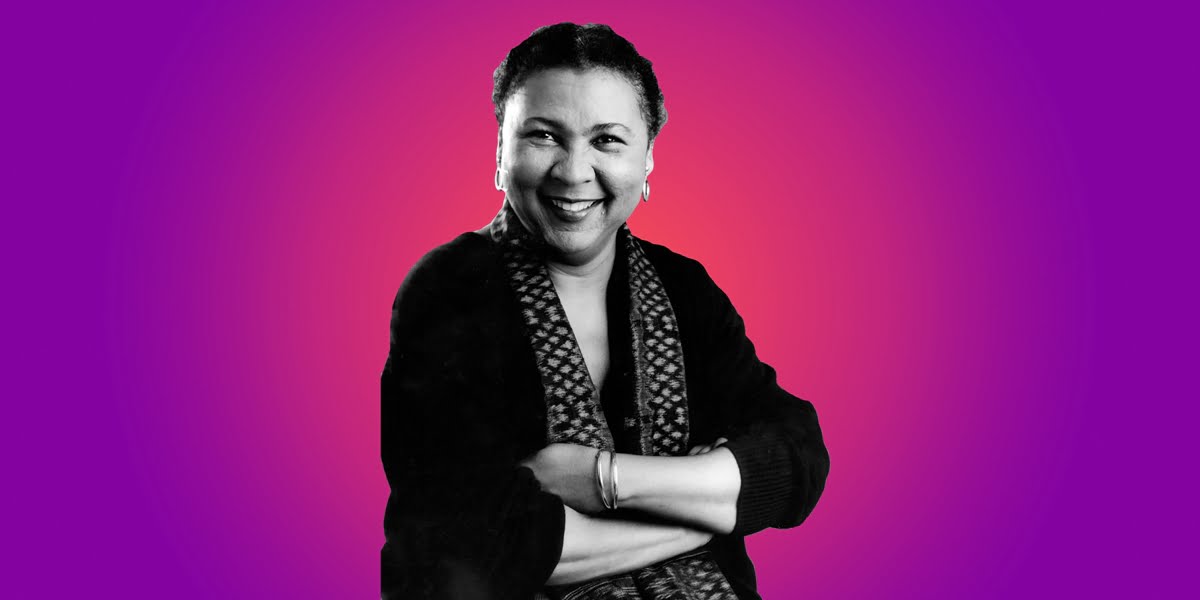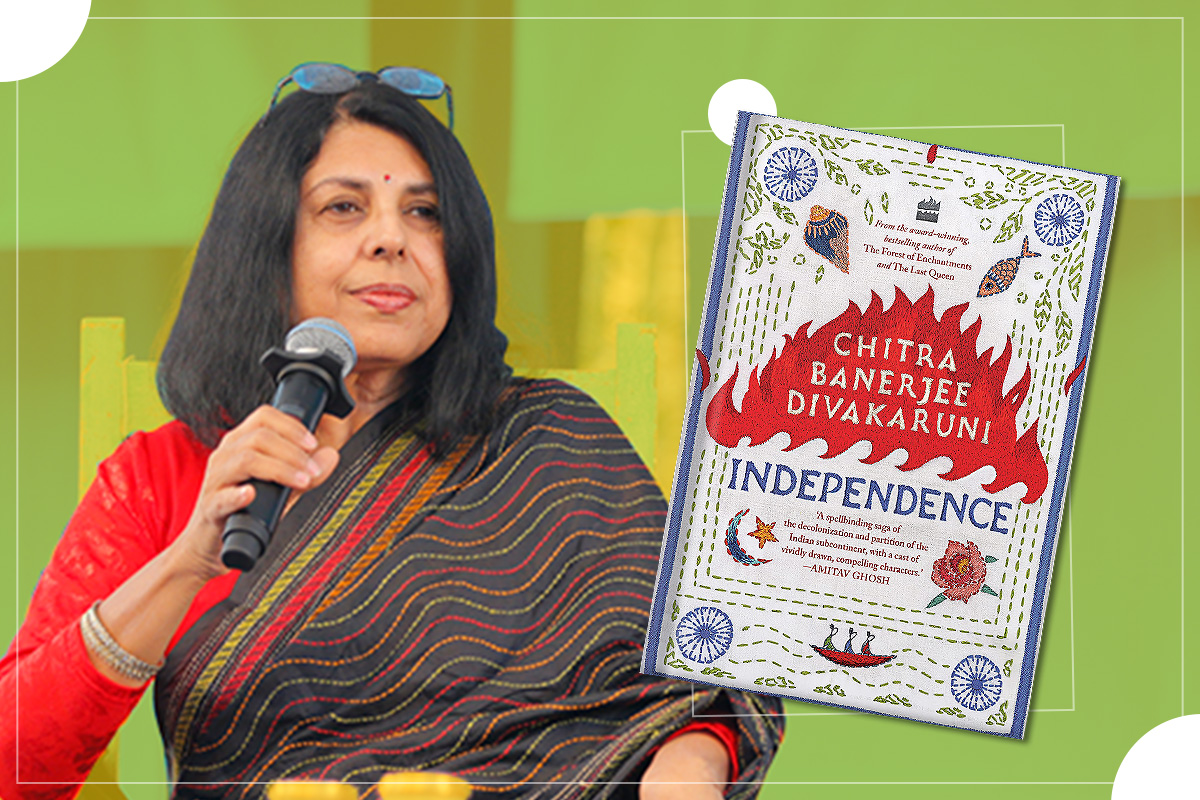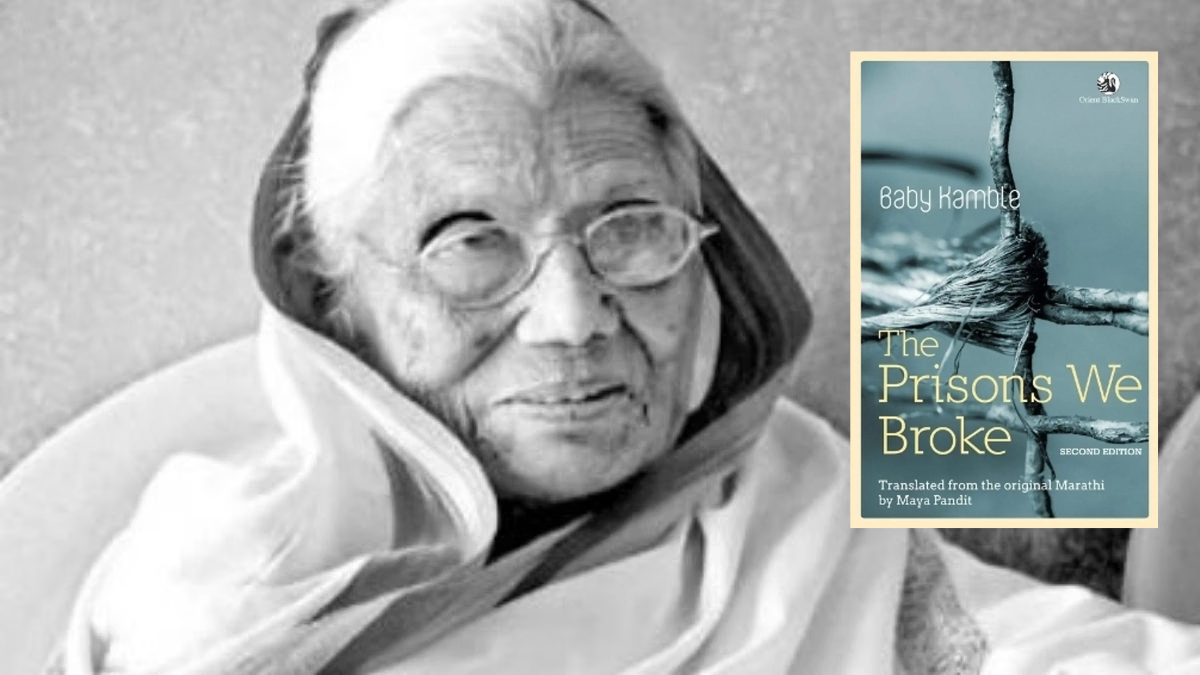The Feminist Standpoint Theory Reader: Intellectual and Political Controversies was published in 2004. In this compendium, Sandra G. Harding, a leading feminist and one of the founders of the ‘Standpoint Theory’ brings together the voices of eminent authors, critical thinkers, philosophers, activists, and academicians who interrogate, examine, and present alternative perspectives and ‘standpoints’ to the topics related to gender, class, caste, race, and sexuality.
The feminist perspective of the standpoint theory argues that one’s social position (standpoint) determines their knowledge. The focus is on how traditional scientific truths have ignored and discriminated against the marginalised women and failed to adapt an intersectional feminist approach. The theory is believed to be rooted in the Marxist argument that socially and historically oppressed communities possess knowledge that the privileged sections of the society wouldn’t have access to. One’s social position can be determined by multiple factors such as their gender, caste, class, religion, race, etc.
Also read: Book Review | Ain’t I A Woman: Black Women & Feminism By bell hooks
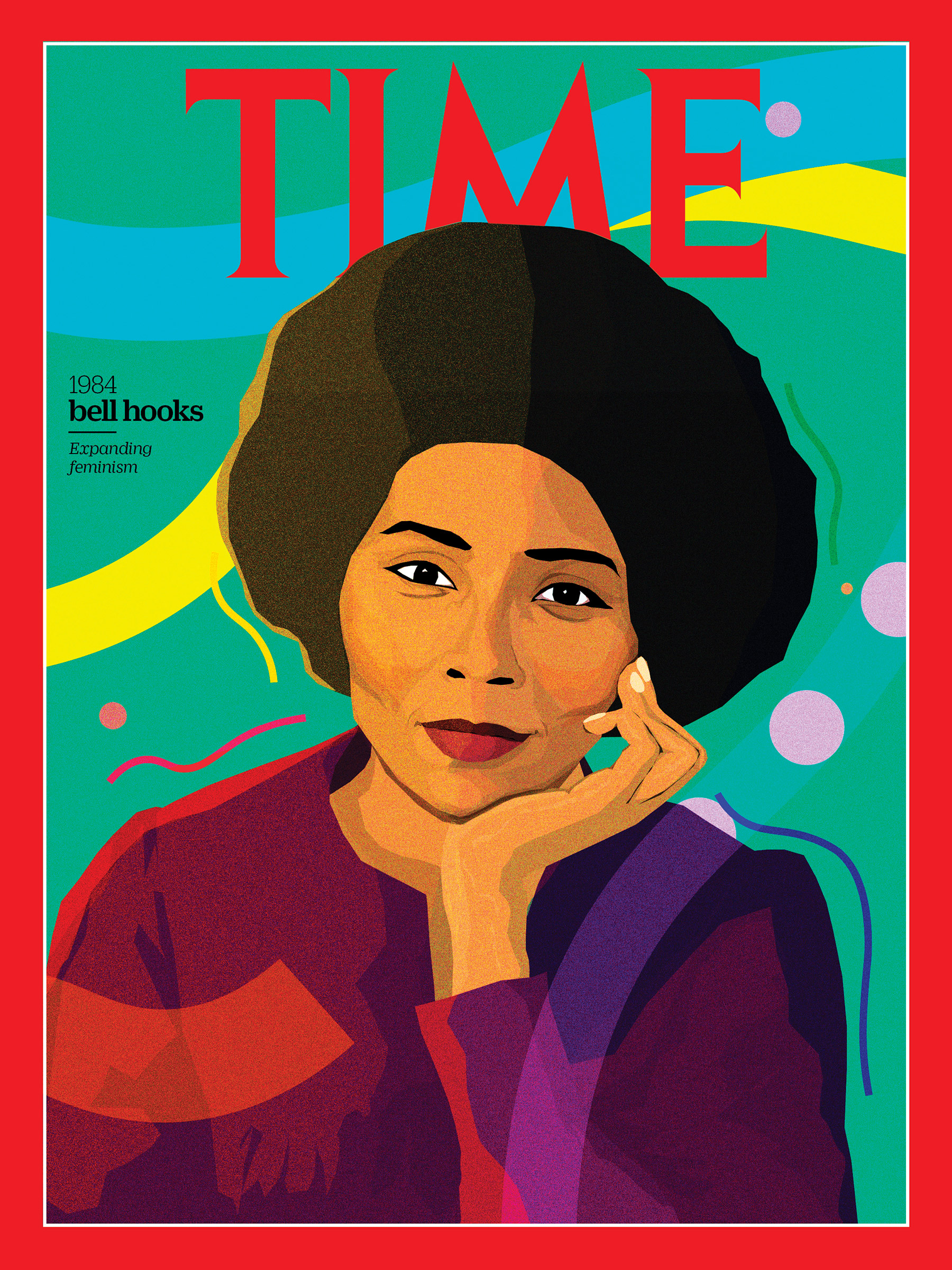
Mainstreaming the margin
In ‘Choosing the Margin as a Space of Radical Openness’ (1989), bell hooks (lower case is deliberate) presents an alternative to the perception of the marginalised. Instead of occupying a patronising position or a vantage point from where the marginalised is ‘allowed’ a voice and a platform for expression, hooks reverses the conventional order and brings the margin to the centre. In a bid to create a counter-hegemonic space, hooks makes an assertion that the margin is, in fact, the centre.
In ‘Choosing the Margin as a Space of Radical Openness’ (1989), bell hooks (lower case is deliberate) presents an alternative to the perception of the marginalised. Instead of occupying a patronising position or a vantage point from where the marginalised is ‘allowed’ a voice and a platform for expression, hooks reverses the conventional order and brings the margin to the centre. In a bid to create a counter-hegemonic space, hooks makes an assertion that the margin is, in fact, the centre.
The margin, for hooks, does not comprise the sidelined or those pushed to the periphery. Rather, it is a space inhabited by the powerful, who have been rendered powerless by the hegemonic patriarchal forces. She asserts, “For me, the space of radical openness is a margin – a profound edge. Locating oneself there is difficult yet necessary. It is not a ‘safe’ place. One is always at risk. One needs a community of resistance.” For hooks, the ‘personal becomes political’ even in her deliberate and radical choice to lowercase her name. Additionally, it is also a pseudonym she took on as a mark of remembering her great-grandmother Bell Blair Hooks.
The writer of Ain’t I A Woman? Black Women and Feminism (1981), bell hooks has been a pioneer in highlighting the marginalisation of women of colour and their devaluation within the realm of white liberal feminism, and she has been a staunch critic of white supremacist capitalist patriarchy. The alienation and estrangement of black communities have been the areas of investigation for hooks, who condemns the way they have been ‘exoticized’ and ‘othered’ within the framework of androcentric, heteronormative white colonisers’ narrative. According to her, the social and the world order must be constructed through the fragmented experiences of the black people, whose space and location have been sites of immense struggle. For hooks, marginality is not necessarily the site of deprivation or oppression, it is the site of radical possibility and a ‘space of resistance’. In this regard, hooks echoes what critical theorist, philosopher, and founding feminist force of postcolonial studies, Gayatri Chakravorty Spivak argues in her seminal work Can the Subaltern Speak? (1988) about how the “process of othering cannot be easily resolved by the giving of voice.”
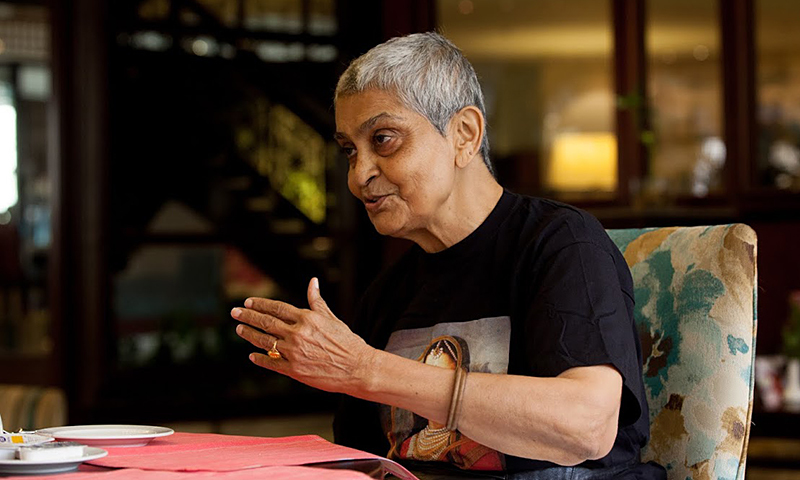
Also read: Teaching To Transgress: Analysing bell hooks’ Work Reimagining Education Critically
Both hooks and Spivak aim to demystify the perception of marginality. It becomes a starting point to write (read rewrite) new narratives and imagine alternative “new worlds”. It almost seems as a project toward decolonising the mind with reference to those sections of society that have been pushed to the background, almost annihilated by dominant forces, and treated as mere shadows with no history or future.
The difference between subjectivity and agency might seem negligible but it is not. Because, the act of speaking is not the same as being heard. This precise distinction between subjecthood, agency, and instrumentality is examined by Spivak through a feminist Marxist approach. Marginality, therefore, assumes a sense of power, derived from its powerlessness, as argued by hooks, who asserts, it becomes a “site one stays in, clings to even because it nourishes one’s capacity to resist”. Both hooks and Spivak aim to demystify the perception of marginality. It becomes a starting point to write (read rewrite) new narratives and imagine alternative “new worlds”. It almost seems as a project toward decolonising the mind with reference to those sections of society that have been pushed to the background, almost annihilated by dominant forces, and treated as mere shadows with no history or future. Through her intervention in this space, hooks reclaims it as a legitimate one. For her, marginality becomes a space of recovery and resurrection.
With over 10 years’ experience in publishing and journalism, Ipshita Mitra has a Bachelor’s degree in English Literature from Miranda House, DU and holds a PG Diploma in English Journalism from IIMC. She did her MA in Gender and Development Studies and is currently pursuing her PhD in Gender Studies from IGNOU.
She has worked with The Times of India, The Asian Age, The Quint, Om Books International, World Monuments Fund India Association, and The Energy and Resources Institute (TERI). In 2016, her short story ‘Cacophony of Silence’ was published by Nikkei Voice, a Canadian-Japanese newspaper. In 2020, her short story ‘Bohemian Sailor of the Gulf’ was published by Sublunary Editions, a Seattle-based independent publisher. The Indian Quarterly (April–June 2021) published her short fiction, ‘Kabuliwala Returns’. She writes on books, culture, environment, and gender for TerraGreen, The Hindu, Scroll.in, The Wire, Wasafiri, Firstpost, Huffington Post, India Currents, and others. You can find her on Twitter, Facebook and Instagram.
Featured image source: Shondaland
About the author(s)
With over 10 years’ experience in publishing and journalism, Ipshita Mitra has a Bachelor’s degree in English Literature from Miranda House, DU and holds a PG Diploma in English Journalism from IIMC. She did her MA in Gender and Development Studies and is currently pursuing her PhD in Gender Studies from IGNOU.
She has worked with The Times of India, The Asian Age, The Quint, Om Books International, World Monuments Fund India Association, and The Energy and Resources Institute (TERI). In 2016, her short story ‘Cacophony of Silence’ was published by Nikkei Voice, a Canadian-Japanese newspaper. In 2020, her short story ‘Bohemian Sailor of the Gulf’ was published by Sublunary Editions, a Seattle-based independent publisher. The Indian Quarterly (April–June 2021) published her short fiction, ‘Kabuliwala Returns’. She writes on books, culture, environment, and gender for TerraGreen, The Hindu, Scroll.in, The Wire, Wasafiri, Firstpost, Huffington Post, India Currents, and others. She tweets @ipshita77.
